For patients and plastic surgeons alike, social media has become invaluable. From Facebook to Twitter to Instragram, patients count on it to find out everything from directions to the doctor’s office to details about non-surgical and surgical treatments. Many doctors depend on social media to answer everything from frequently asked questions to providing valuable information about their services, their patients’ comments and their philosophies about the surgeries in which they specialize. But mention Snapchat in the operating room and reactions from both sides get a lot more animated and a lot less enthusiastic.
Snapchat? Well, My Kids Love It…
OK, your kids are on Snapchat all the time, but does that mean it’s a good way for doctors and patients to talk about complex surgical procedures? A number of board certified plastic surgeons surveyed by The Plastic Surgery Channel say, “No.” Especially when the subject turns to, “Doctor Miami.”
Michael Salzhauer, MD AKA “DR. MIAMI”
Vanity Fair Magazine recently summed up the Snapchat/Dr. Miami/Plastic Surgery issue most succinctly:
“In the past year, Michael ‘Dr. Miami’ Salzhauer, a dad-joke-spouting, Miami-based plastic surgeon, has rocketed to micro-fame by broadcasting breast augmentations, tummy tucks, and, yes, Brazilian butt lifts, on Snapchat,” writes Kayleen Schaefer. “His patients aren’t just consenting; they’re seeking him out specifically. Is his Bal Harbour operating room a new kind of reality theater, the logical end of selfie culture, or both?”
He’s getting criticized from lots of corners, especially medical ones, but one piece of reality can’t be ignored: every time Dr. Salzhauer posts a new video, it gets 1.5 million views.
The Operating Room and Snapchat
“Personally, I’m not sure that we should be bringing Snapchat and plastic surgeries together,” says board certified plastic surgeon William P. Adams, Jr., MD. “My daughter loves Snapchat but the operating room is a serious place. Lots of things can happen in the OR and I don’t want to worry about how things look on video. The number one issue ALWAYS is patient safety. I wonder if plastic surgeons are concentrating on anything else besides the patient, that’s not a good thing.”
For the record, Dr. Salzhauer employs two personal assistants whose jobs, among others, include shooting everything in the OR. Armed with iPhones, these assistants capture the details of surgeries up close and personal.
OR Snaps Cross the Line
“I do think it’s sensationalistic,” says board certified plastic surgeon Sean Doherty, MD. “Of course social media has achieved an important place in the way we often communicate with patients and with prospective patients, but showing actually surgeries on Snapchat is probably not the right place.”
In one recent ‘Snap’, Dr. Miami performed a breast lift while wearing Swarovski-studded Gucci sunglasses. “I’ve never felt so comfortable in a pair of glasses,” he says. “They’re like slippers.”
Ft. Worth-based board certified plastic surgeon Steven Camp, MD says he learned before he was done with his training that social media would be critical for the growth of his practice. “I want to be able to communicate with patients, but I don’t want to worry about possibly endangering the safety of a patient on the operating table for the sake of putting something out on Snapchat.”
While there is plenty of use for social media as it replaces traditional marketing, there is nothing beneficial about new technology that may hamper patient safety. At the end of the day, plastic surgery is surgery. While it may be a choice to undergo for sometimes purely cosmetic reasons, it is just as serious as any other surgery. Patients always come first, and that means the one patient on the OR table and not the 1.5 million watching on cell phones.

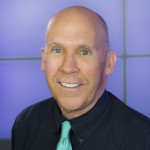
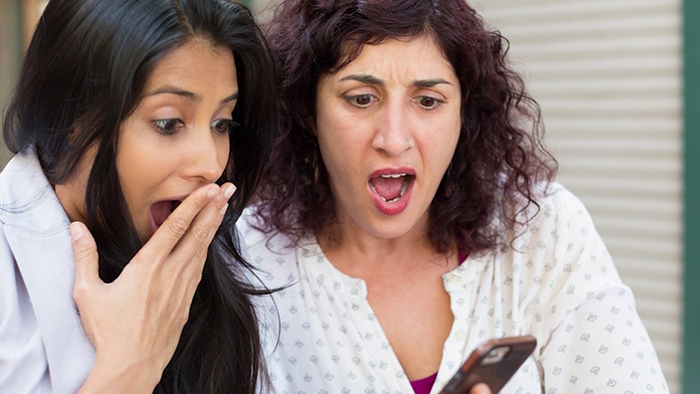
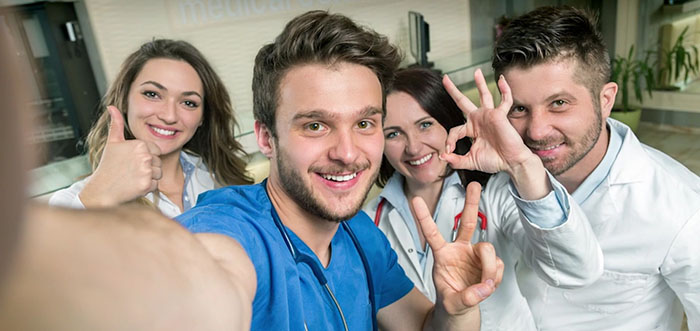
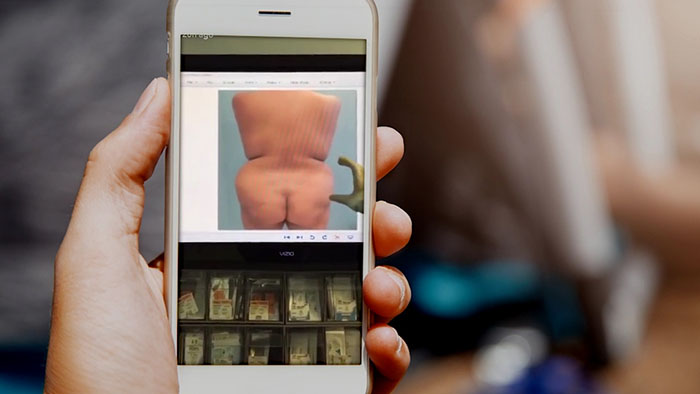
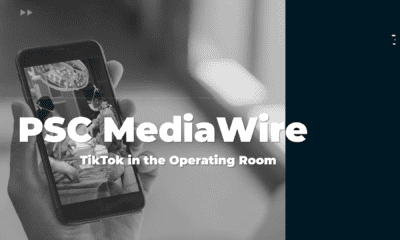


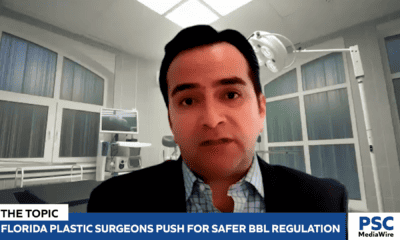
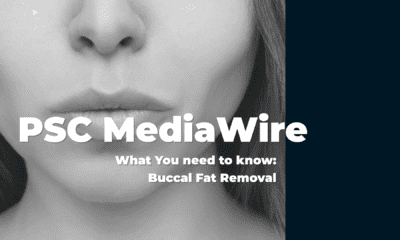



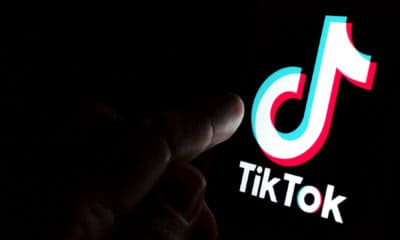




Facebook
Twitter
Instagram
YouTube
RSS